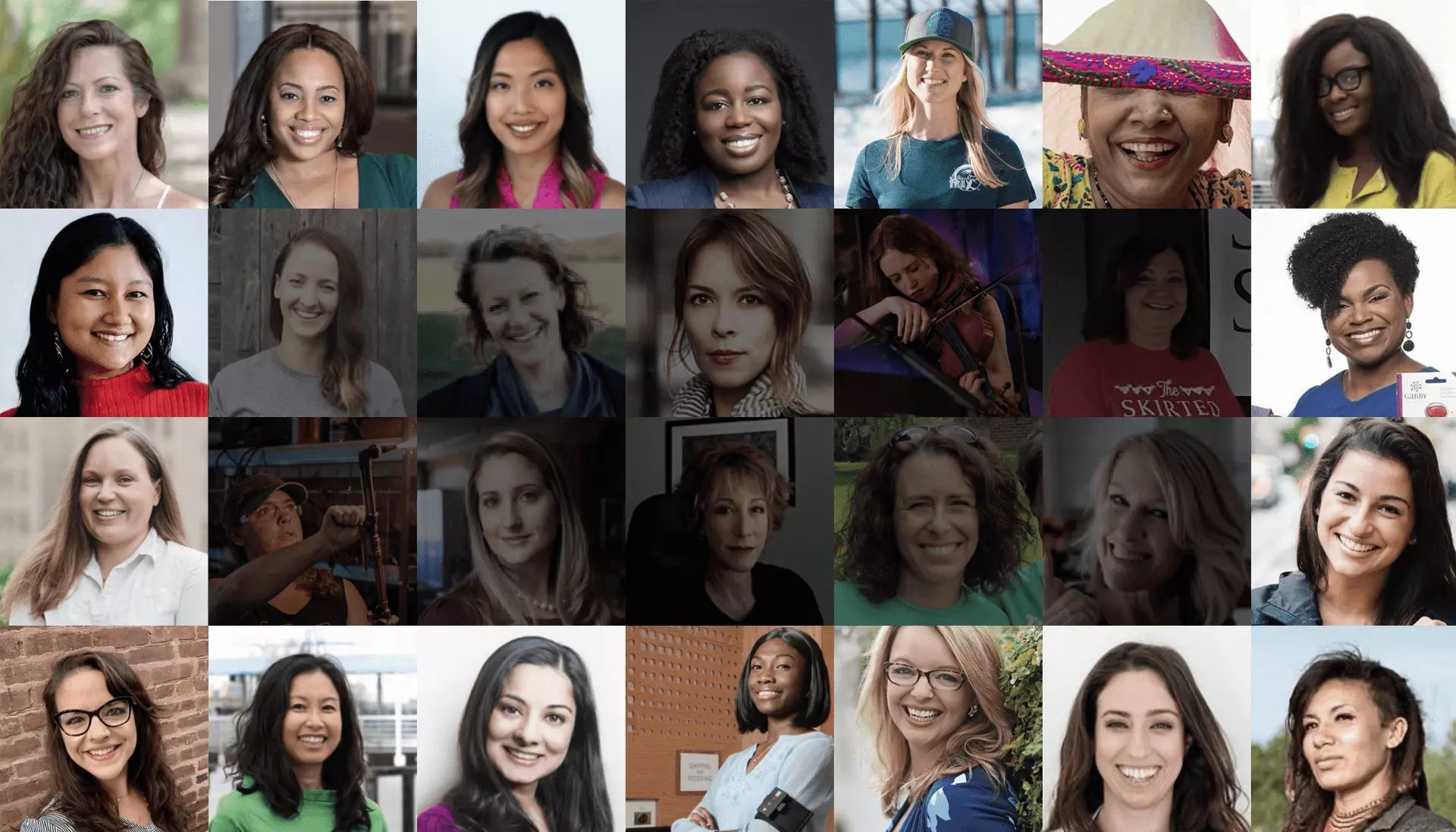WHERE ARE THEY NOW?
February 5th 2025
 |
Featuring Karen Flowers, Founder of Curl House, one of our 2022 Year End Winners and the August 2022 Business Category winner. |
|---|
What advice would you give to a new business owner in your industry?
Transitioning from being a hairstylist to owning my own hair care product line seemed like a natural progression. I was accustomed to selling other brands’ hair care products in my salon and was successful at it—after all, most clients are eager to purchase products to maintain their hair at home. However, I quickly realized that running an e-commerce product-based business is vastly different from a service-based business.
Despite owning and operating a salon for over a decade and having experience as an entrepreneur, I was unprepared for the unique challenges of launching and growing a product-based business. Selling to existing clients who already knew, liked, and trusted me was very different from marketing and selling to a wider audience online.
For new business owners entering the hair care industry, my advice is this: spend time learning everything you need to know about growing a product-based business. This includes understanding how to market effectively, identifying and reaching your target audience online, crafting messages that resonate with them, setting your brand apart from competitors, and determining your unique value proposition or “secret sauce.” Most importantly, learn how to leverage data to drive the direction of your business.
While Curl House grew organically in the beginning—and that’s okay when you’re just starting out—don’t rely solely on organic growth. Instead, focus on understanding your data and using it to make informed decisions. Identify your best-selling products and allocate resources to promoting them. At the same time, don’t be afraid to discontinue products that aren’t performing well—the data will guide you.
Approach your business with a mindset of data-driven growth rather than relying solely on organic strategies. If I had fully understood the power of strategic, data-driven growth earlier, Curl House would have progressed much further, much faster.
What was the most important lesson you’ve learned in your business?
| The most important lesson I’ve learned in business is that I am my best marketing tool. No one can market my product line the way I can, especially in the early stages of business. When I first launched the Curl House product line, I invested heavily in social media managers, email marketers, and influencers, believing they would be the key to growing my brand and increasing visibility. However, after a few years—and a significant financial investment—I realized that I am the best person to market my own products.
I discovered that people buy from those they know, like, and trust. The more I put myself out there, the more people got to know me and trust the information I shared. My YouTube channel, Karen of Curl House, has become an active platform with over 80,000 subscribers and counting. Through my videos, I provide valuable insights on natural hair care and hair loss, empowering my audience with knowledge. |
 |
|---|
What I learned was that I didn’t have to “formally” sell my products. Women wanted to purchase my hair care products because they appreciated the tips I shared, trusted my expertise, and connected with my authenticity. This trust naturally led to organic growth in Curl House product sales. Many times, the products sold themselves—not because of aggressive marketing, but because women came to know, like, and trust me.
What are some pitfalls that you wish you had known about in your industry?
When I first started, I made hair products at home—in my kitchen, to be exact—because I wanted to be involved in every aspect of the process. It was essential for me to understand the ingredients, ratios, and formulas, as I was very particular about what went into my products.
While I initially started making the products myself, my long-term goal was always to partner with a contract manufacturing facility. What I didn’t anticipate was how challenging and time-consuming that process would be. I quickly discovered several pitfalls:
- Ownership of Formulas: I didn’t realize that when a manufacturer develops your formula, they own it—not you. Regaining ownership of your formula can be incredibly expensive and is something I wish I had been aware of from the start.
- Manufacturing Quantities: Most manufacturers prefer large production runs, which isn’t ideal for a small business owner just starting out. Finding a manufacturer willing to produce smaller quantities proved to be a significant challenge.
- Time-Consuming Process: The biggest surprise was just how long it would take to find the right manufacturer—one that aligned with my values, was willing to listen, and could replicate my products with the same level of care and integrity. It took years, far longer than I ever anticipated, to find a facility I trusted.
- Financial Investment: Transitioning to a contract manufacturer is costly. Between the manufacturing fees, minimum order quantities, and other associated costs, the financial commitment can be daunting.
Had I known how cumbersome and lengthy the process would be, I might have started by working with a contract manufacturer from the outset instead of making the products by hand. This would have allowed me to focus more on scaling the business rather than being tied to the production process.
Fortunately, with the help of the Amber Grant, I was able to cover the costs of transitioning to a manufacturer. Today, Curl House is on the path to scalability, and I’m grateful for the lessons learned along the way.


















